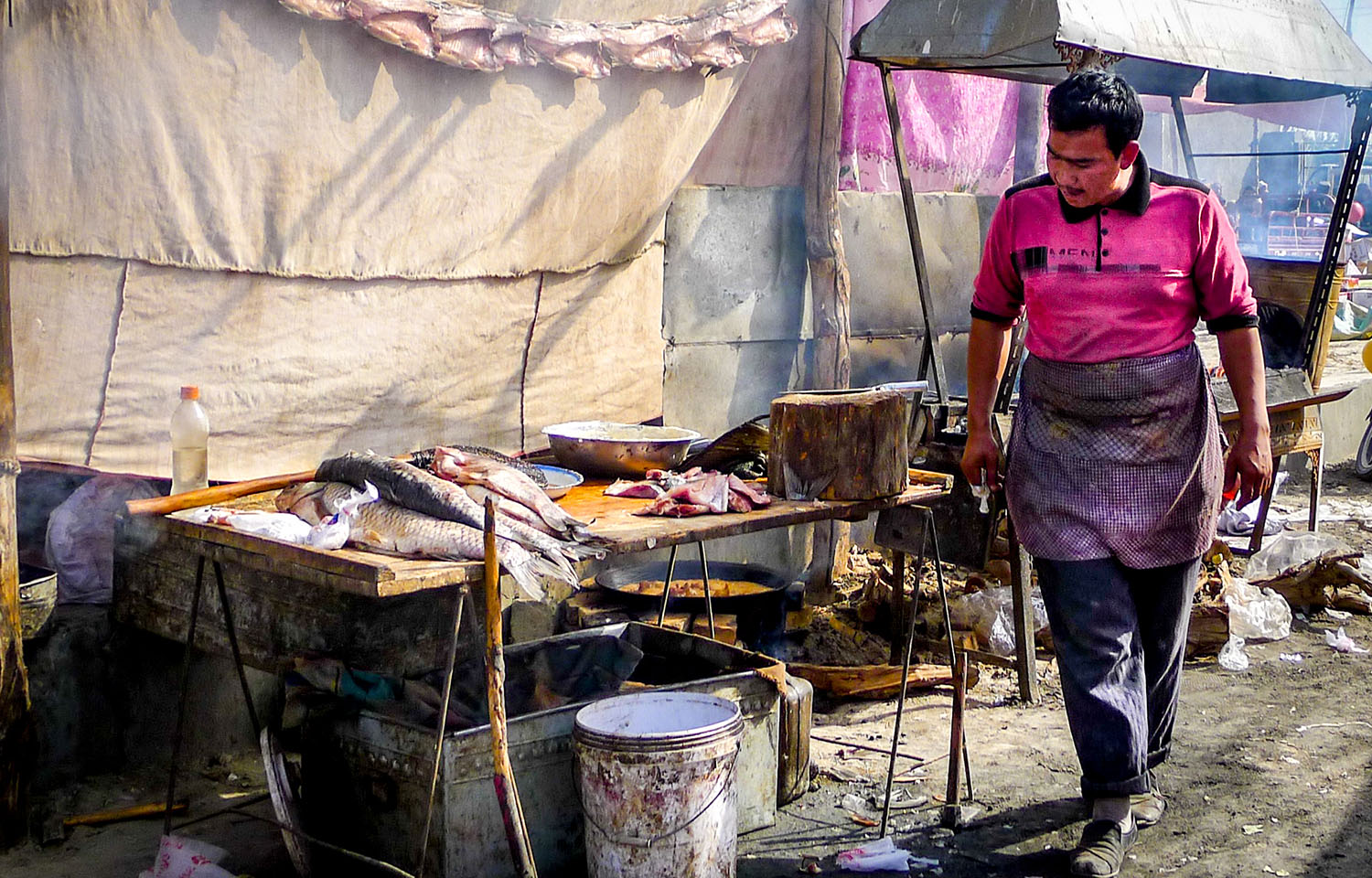Xinjiang, a region that is home to China’s Uyghur Muslim minority population at the center of allegations of forced labor in the Chinese seafood industry, has markedly increased its seafood production.
The Xinjiang Production and Construction Corps, also known as Bingtuan, is a corporate unit of the Chinese army that controls vast swathes of Xinjiang and trades as the China Xinjian Group. It was founded in the 1950s to cultivate agricultural tracts of the then sparsely populated Xinjiang region at a time of Sino-Soviet tensions and fears by Beijing of a Russian invasion.
The production value of Bingtuan’s fishery output totaled CNY 112 million (USD 15.6 million, EUR 14.5 million) in Q1 2024, up 12.4 percent year over year, lifted by rising output of crab, crayfish, and sturgeon, among other species. The data was released by the Bingtuan Agriculture and Rural Affairs Bureau.
Products made in Xinjiang or suspected of having been made with forced Uyghur labor anywhere in China are banned from entering the United States under the Uyghur Forced Labor Prevention Act (UFLPA). The U.S. Department of Homeland Security maintains a list of Chinese companies that conduct business in Xinjiang or that have been shown to employ Uyghur labor.
The Outlaw Ocean Project released a report in October 2023 revealing how seafood processed with Uyghur labor is making it into the U.S. seafood supply chain. The report led several U.S. seafood purchasers to cut ties with processors in Shandong province and to the filing of a Magnitsky Sanctions recommendation.
For its part, the Chinese government has complicated the work of auditing firms hired to investigate labor issues in Xinjiang supply chains. Seafood sustainability eco-label programs have also come under fire for their own failures to identify the use of Uyghur and North Korean labor in Chinese seafood-processing plants they certified, and the Aquaculture Stewardship Council announced its withdrawal from the Chinese market in March.
On 30 April, U.S. Labor Department Deputy Undersecretary for International Affairs Thea Lee testified at a meeting of the Congressional-Executive Commission on China that Beijing had made it "essentially illegal" to conduct independent human rights audits in Xinjiang.
"If it is impossible to do that, the only responsible thing to do is not to operate in that atmosphere,” Lee said.








